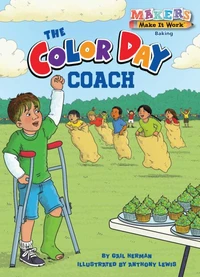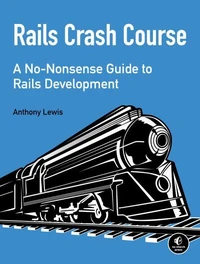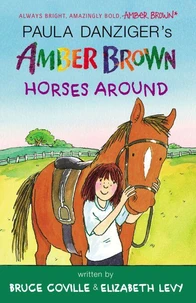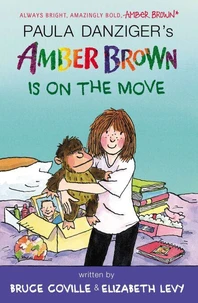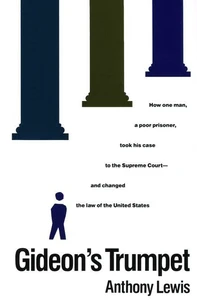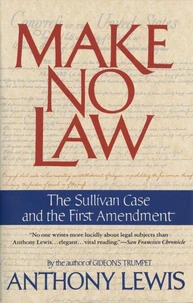Freedom for the Thought That We Hate. A Biography of the First Amendment
Par :Formats :
Disponible dans votre compte client Decitre ou Furet du Nord dès validation de votre commande. Le format ePub protégé est :
- Compatible avec une lecture sur My Vivlio (smartphone, tablette, ordinateur)
- Compatible avec une lecture sur liseuses Vivlio
- Pour les liseuses autres que Vivlio, vous devez utiliser le logiciel Adobe Digital Edition. Non compatible avec la lecture sur les liseuses Kindle, Remarkable et Sony
- Non compatible avec un achat hors France métropolitaine
 , qui est-ce ?
, qui est-ce ?Notre partenaire de plateforme de lecture numérique où vous retrouverez l'ensemble de vos ebooks gratuitement
Pour en savoir plus sur nos ebooks, consultez notre aide en ligne ici
- Nombre de pages240
- FormatePub
- ISBN978-0-465-01293-0
- EAN9780465012930
- Date de parution02/03/2008
- Protection num.Adobe DRM
- Infos supplémentairesepub
- ÉditeurBasic Books
Résumé
More than any other people on earth, Americans are free to say and write what they think. The media can air the secrets of the White House, the boardroom, or the bedroom with little fear of punishment or penalty. The reason for this extraordinary freedom is not a superior culture of tolerance, but just fourteen words in our most fundamental legal document: the free expression clauses of the First Amendment to the Constitution.
In Lewis's telling, the story of how the right of free expression evolved along with our nation makes a compelling case for the adaptability of our constitution. Although Americans have gleefully and sometimes outrageously exercised their right to free speech since before the nation's founding, the Supreme Court did not begin to recognize this right until 1919. Freedom of speech and the press as we know it today is surprisingly recent.
Anthony Lewis tells us how these rights were created, revealing a story of hard choices, heroic (and some less heroic) judges, and fascinating and eccentric defendants who forced the legal system to come face-to-face with one of America's great founding ideas.
In Lewis's telling, the story of how the right of free expression evolved along with our nation makes a compelling case for the adaptability of our constitution. Although Americans have gleefully and sometimes outrageously exercised their right to free speech since before the nation's founding, the Supreme Court did not begin to recognize this right until 1919. Freedom of speech and the press as we know it today is surprisingly recent.
Anthony Lewis tells us how these rights were created, revealing a story of hard choices, heroic (and some less heroic) judges, and fascinating and eccentric defendants who forced the legal system to come face-to-face with one of America's great founding ideas.
More than any other people on earth, Americans are free to say and write what they think. The media can air the secrets of the White House, the boardroom, or the bedroom with little fear of punishment or penalty. The reason for this extraordinary freedom is not a superior culture of tolerance, but just fourteen words in our most fundamental legal document: the free expression clauses of the First Amendment to the Constitution.
In Lewis's telling, the story of how the right of free expression evolved along with our nation makes a compelling case for the adaptability of our constitution. Although Americans have gleefully and sometimes outrageously exercised their right to free speech since before the nation's founding, the Supreme Court did not begin to recognize this right until 1919. Freedom of speech and the press as we know it today is surprisingly recent.
Anthony Lewis tells us how these rights were created, revealing a story of hard choices, heroic (and some less heroic) judges, and fascinating and eccentric defendants who forced the legal system to come face-to-face with one of America's great founding ideas.
In Lewis's telling, the story of how the right of free expression evolved along with our nation makes a compelling case for the adaptability of our constitution. Although Americans have gleefully and sometimes outrageously exercised their right to free speech since before the nation's founding, the Supreme Court did not begin to recognize this right until 1919. Freedom of speech and the press as we know it today is surprisingly recent.
Anthony Lewis tells us how these rights were created, revealing a story of hard choices, heroic (and some less heroic) judges, and fascinating and eccentric defendants who forced the legal system to come face-to-face with one of America's great founding ideas.






